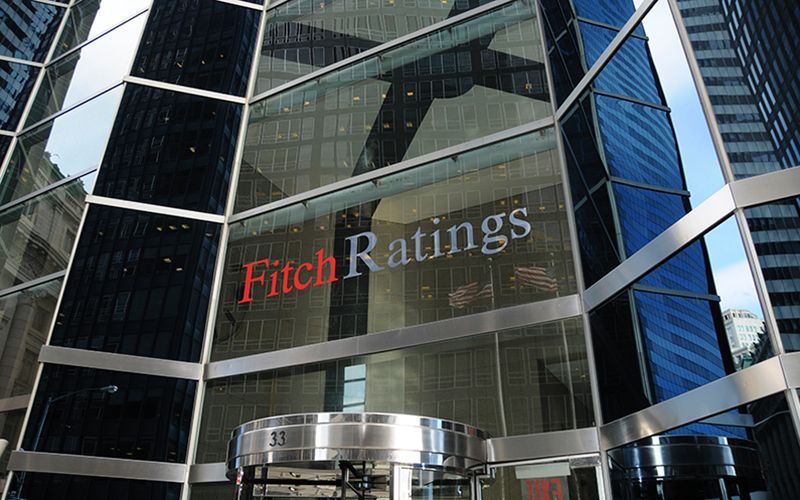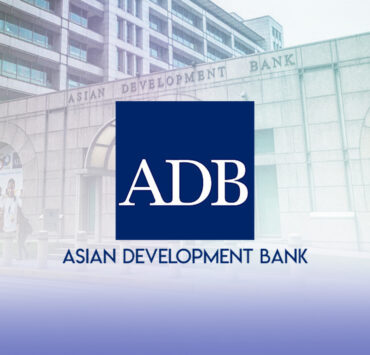Fitch: Infra graft probe may hurt PH banks’ loan quality

The deepening probe into anomalous flood control projects could hurt the asset quality of Philippine banks, Fitch Ratings warned, as delays in public works could squeeze the cash flows of contractors and undermine their ability to pay loans.
Tamma Febrian, director of the financial institutions team at Fitch, said banks with higher exposure to the construction sector could face “the greatest risks.”
“We see some downside risks to banking system loan volumes and overall asset quality as a result of the ongoing probe,” Febrian told the Inquirer.
“Slower government approvals and/or tighter loan disbursement may add friction to construction activity and weigh on certain contractors’ cash flows in the near term,” he added.
Recall that the Department of Public Works and Highways (DPWH) recently tightened the verification of completed projects and enforced stricter checks on billings and payment claims amid the deepening investigations.
While the DPWH already lifted the suspension on bidding and procurement for local projects, the Department of Budget and Management said a “temporary slowdown” in infrastructure spending was expected as the cleanup continues.
On the ground, the uncertainty has rattled builders—even those not implicated in the scandal. Some contractors had halted or scaled back operations to preserve cash, wary of mounting receivables from the DPWH and unsure when payments would resume.
The ripple effects were being felt beyond construction sites. Foreign companies in the Philippines that supply construction materials have reported softer sales, a trend they expect to persist in the coming months.
Playing it safe, several banks had reportedly put new loan releases for flood control projects on hold until the situation stabilizes.
Still, Bangko Sentral ng Pilipinas Governor Eli Remolona Jr., in a recent interview with One News, sought to ease concerns, saying there was “no sign or risk of an imminent crisis in the banking system” for now.
Latest central bank data showed that nonperforming loans—debts overdue by at least 90 days and at risk of default—accounted for 3.50 percent of the domestic banking industry’s total loan portfolio in August, the highest level in nine months.
Fitch’s Febrian said the fallout was unlikely to spiral into a broader banking crisis.
“For projects that have been affected, the final impact will depend on the outcome of the investigations and whether bank loan facilities are likely to become impaired because of illegitimate modifications,” he said.





















